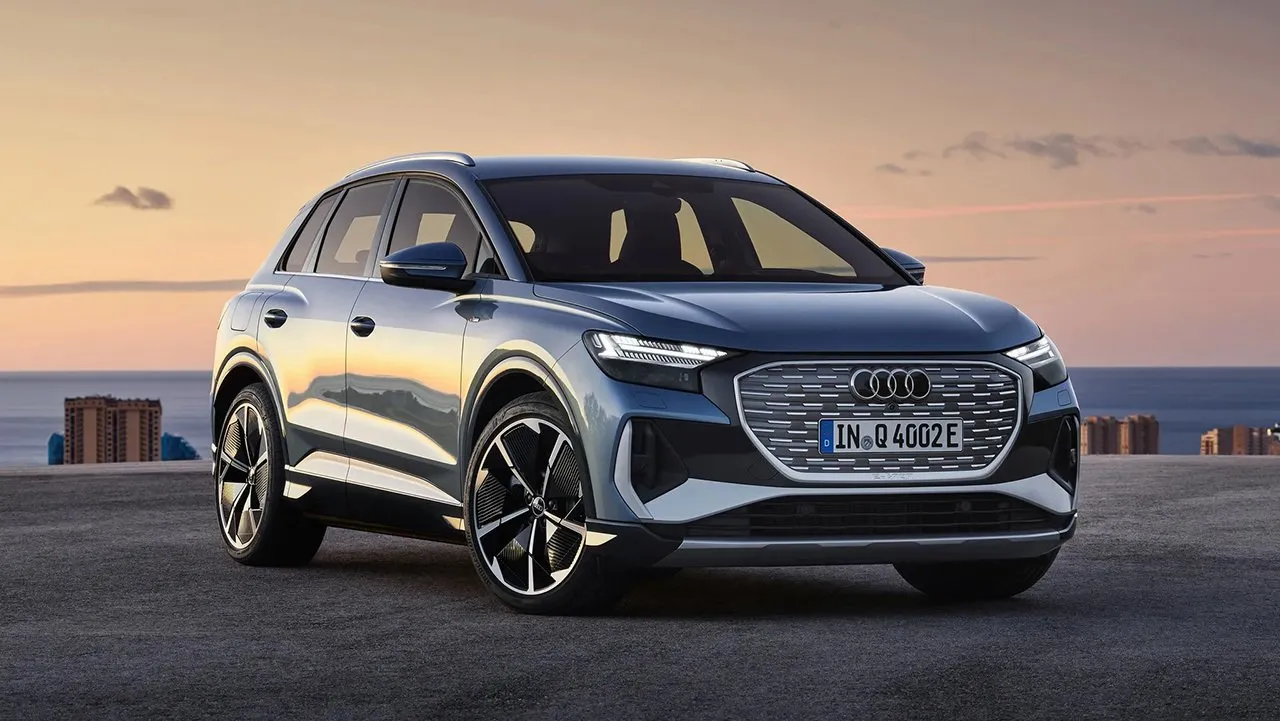
Electric cars are becoming increasingly popular, but many people do not realize that there are hidden costs involved. There are tax incentives, depreciation and insurance that must be taken into account. In addition, there are also charging, range and maintenance costs. These factors may add up to more than what you thought and could make the purchase of an electric car a difficult one.
Tax incentives
Tax incentives for electric cars are a great way to offset the cost of a zero-emission vehicle. A new tax credit was recently signed into law, making it possible for consumers to receive a credit of up to $7,500 on a new EV.
The Inflation Reduction Act will extend the tax incentive for EVs until 2023. However, manufacturers will no longer be limited to offering incentives for the first 200,000 EVs sold after January 1, 2023.
Another important change to electric car incentives is the requirement that all batteries be made of US-sourced materials. These materials will not be available for recycling for several years.
Insurance
If you are considering buying an electric car, you should also consider insurance. Electric cars cost a bit more than other cars, so you may need to add a special type of insurance to your policy.
Some insurance companies offer discounts for electric vehicles, but you should compare the different companies to find the best deal. You can save by bundling your policies or taking advantage of safe driving discounts. Some insurers even donate to environmental organizations.
Although electric car insurance may be more expensive than standard car insurance, it is a worthwhile investment. It helps you avoid damage to your vehicle. In addition, you can save on gas.
Charging
Electric car charging costs can vary depending on your region. It may be cheaper to charge your vehicle at home or at your workplace than at public charging stations. You can also get some federal tax credits for owning an electric vehicle.
The cost of charging your vehicle at your home depends on your electricity provider, type of charging station, and whether or not you're using a level 2 charger. Generally, level two chargers add an extra five to fifteen miles of range per hour, but it can also be costly.
However, you can often find a free charging station nearby. You might even find a bustling parking lot in the center of a city, which may offer free recharging.
Maintenance
Electric cars are much more environmentally friendly than conventional cars. They are also less costly to maintain. In fact, it is estimated that electric car maintenance costs are thirty-five to forty percent less than that of fossil fuel vehicles. However, it is still recommended that you seek professional services every year or so to ensure your car is in good working order.
An important part of electric car maintenance is checking the batteries. Depending on the manufacturer's recommendations, the battery will need to be serviced at least once or twice a year. Similarly, the brake fluid will need to be changed on a regular basis.
Range
There are many factors affecting the range of an electric car. However, some are in the driver's control, such as regenerative braking, while others are not. Here are some tips on how to optimize your car's battery for maximum range.
The most obvious factor is the size of the battery. The smaller the battery, the less power it can hold. This may lead to a reduction in range. Fortunately, most new electric cars come with quoted range figures.
Some manufacturers also offer real-world range estimates. These are meant to give a better idea of the car's range in different conditions. This includes cold temperatures, high speeds, and in-car technology.
Depreciation
If you are thinking about getting an electric vehicle, there are a few things you need to know about its depreciation. It is not uncommon to see a car depreciate as much as half its value in the first three years.
One of the reasons is that there isn't enough demand for EVs. While the number of EVs is increasing, it isn't enough to prevent dramatic depreciation.
This can make an electric car a good bargain in the used car market. However, if you're considering buying a new EV, you may want to wait for the market to stabilize.
As the technology for EVs continues to improve, depreciation will likely be stabilized. In addition, many cities have begun opening up EV charging infrastructure.

The above references an opinion and is for information purposes only. It is not intended to be investment advice. Seek a duly licensed professional for investment advice.